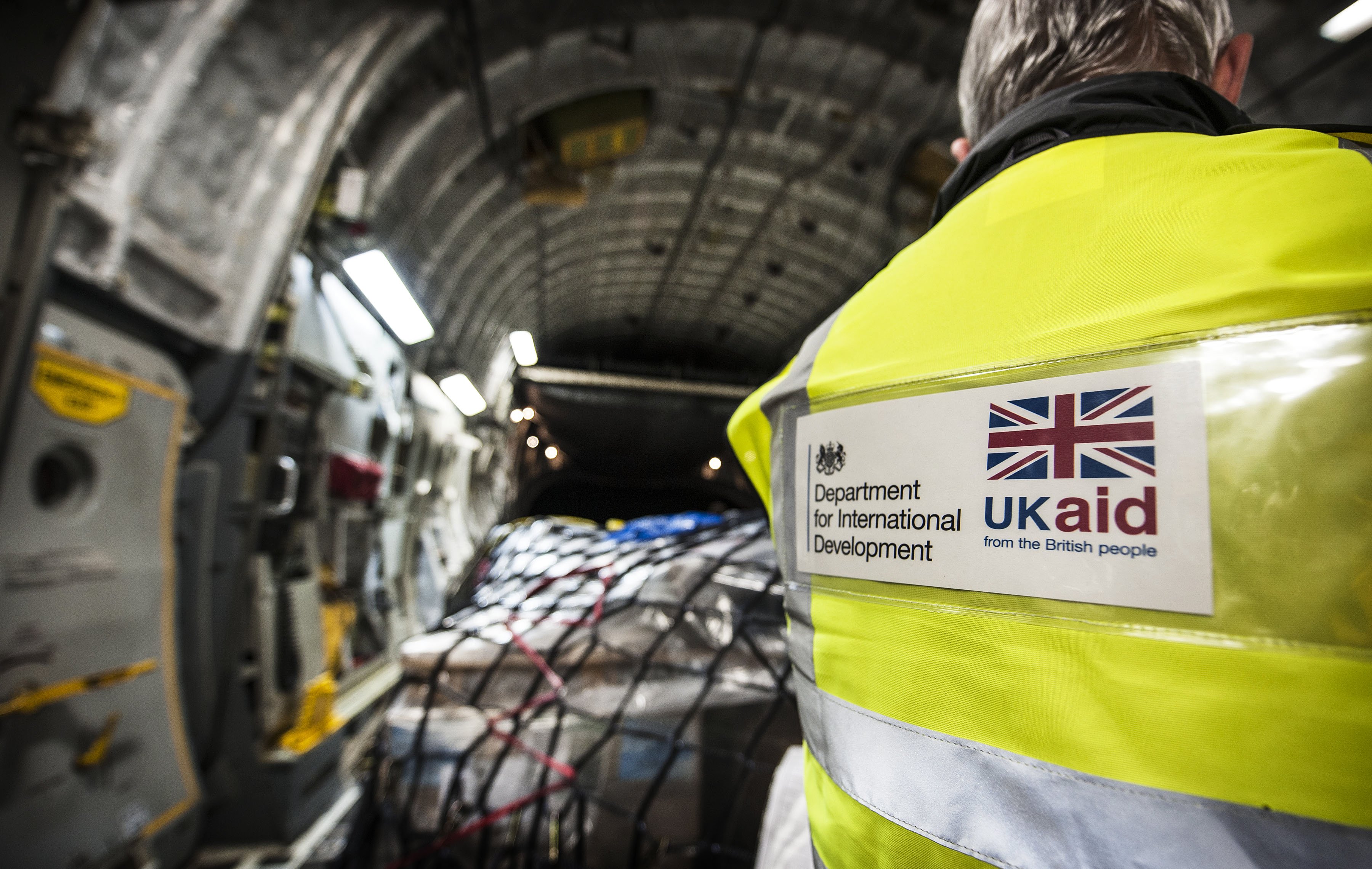Last week saw the release of the UK’s humanitarian reform policy, which sets out its latest thinking on the need to make the humanitarian sector fit for purpose. There is much to agree with – particularly its focus on protracted crises, preparedness and the dignity of affected people. It also makes a strong ‘case for cash’ and the transformative effects it can have, reinforcing the UK’s leadership in global humanitarian reform.
But the policy also throws into sharp relief tensions between the UK’s different motives and actions in the humanitarian space. On the one hand, supporting and funding local response in crises is a key element of the reform agenda, in line with the UK’s commitment to the World Humanitarian Summit’s Grand Bargain. On the other hand, the policy asserts the UK as an independent donor – one that seeks to maintain a dominant, hands-on role in humanitarian response.
Here are three implications of this contradiction the UK must be wary of:
- A renewed commitment to work through ‘neutral and independent partners’ will continue to constrain funding to local responders. For a local actor in the midst of a long-running conflict, it is difficult to imagine what neutrality and independence would look like and how such an actor could operate under a strict interpretation of these principles. As research by the Humanitarian Policy Group (HPG) indicates, UK anti-terror measures aimed at curbing funding to proscribed organisations has imposed stringent beneficiary and partner vetting requirements in places like Syria and Somalia. In the effort to reduce the risk of aid falling into the wrong hands, many international non-governmental organisations have decided that partnerships with local actors are not worth the risk, limiting the funding options of those best-placed to respond.
- There is a danger that the emphasis on building the resilience and preparedness of affected people will be lost under the policy’s objective to make UK responses ‘bigger, better and faster’. Permanent bodies such as Emergency Medical Teams (EMTs) feature prominently: just one of a growing number of cross-governmental initiatives intended to utilise UK capacity and expertise to respond rapidly to crises. Yet while offering additional support, there is a risk that with such a ‘hammer’, very different humanitarian contexts start to look like a series of ‘nails’ that can receive a standardised intervention. If the UK is truly committed to reform, it must also demonstrate a greater willingness to ‘let go’ of areas of humanitarian action it currently dominates, to allow local actors to take a lead in organising their own response.
- The policy’s welcome focus on displacement is undermined by the language of containment: of keeping affected people within their own regions. Initiatives such as the Jordan Compact and Wilton Park Principles – that address the issue of protracted displacement – present a persuasive case for using long-term, developmental approaches in support of host communities and countries. But the absence of any mention of the UK and its own responsibilities as a potential host country stands in stark contrast. Migration is presented as a regional issue and ironically, on the issue of the European migrant crisis where the UK itself is a ‘local’ humanitarian actor, there are few commitments.
These contradictions partly arise from the problem of having to speak to two audiences: a domestic media that appears to be growing increasingly wary of altruistic responses to crises, and a wider humanitarian community that looks to the UK for leadership on reform. Conventional wisdom states that these two groups want opposite things. Yet for reasons of both principle and efficiency, it is in the interest of both to have a humanitarian system that is more effective.
Whilst much of the proposed reform agenda is positive, it also comes with some major implications for how donors like the UK currently operate. There may be short-term trade-offs to be made in visibility and less direct control over some resources, for example. A range of other interests, from economic opportunities to countering terrorism, will also need to be navigated.
But as recent research has demonstrated, such domestic priorities need not inherently contradict the UK’s humanitarian values. As a leading proponent of principled humanitarian action, a reformed system that is more resilient and driven by affected people is firmly in the UK’s interest. A more critical recognition of some of the policy’s contradictions will be the first step in driving reform forward.

